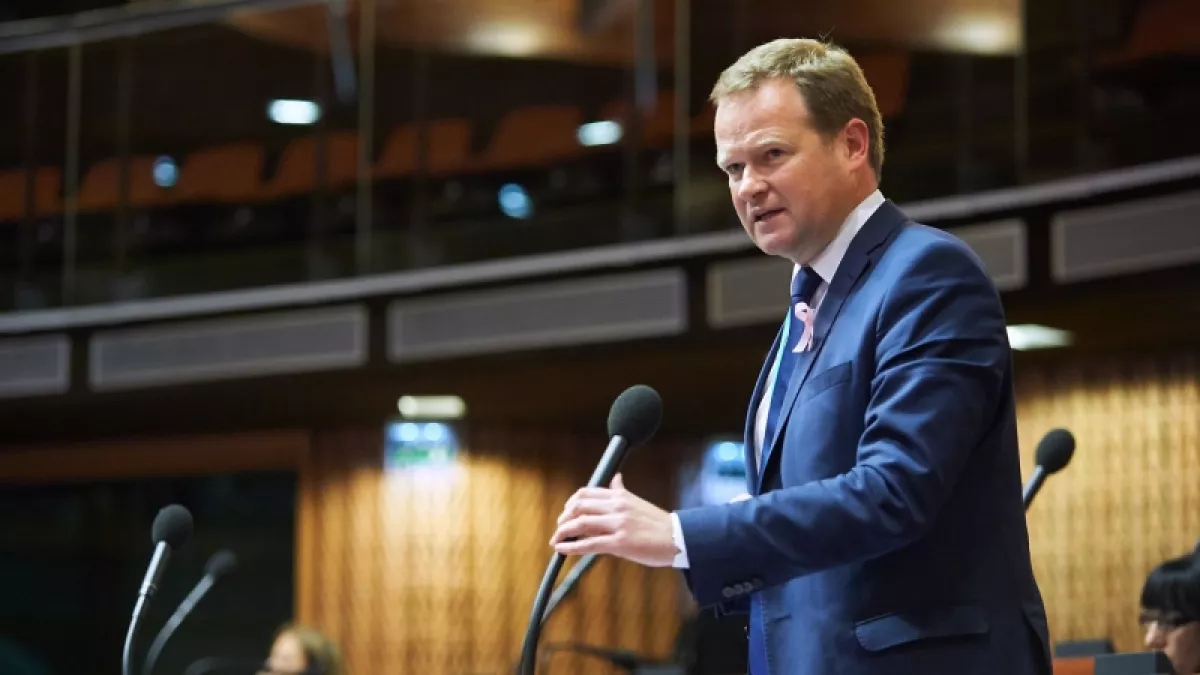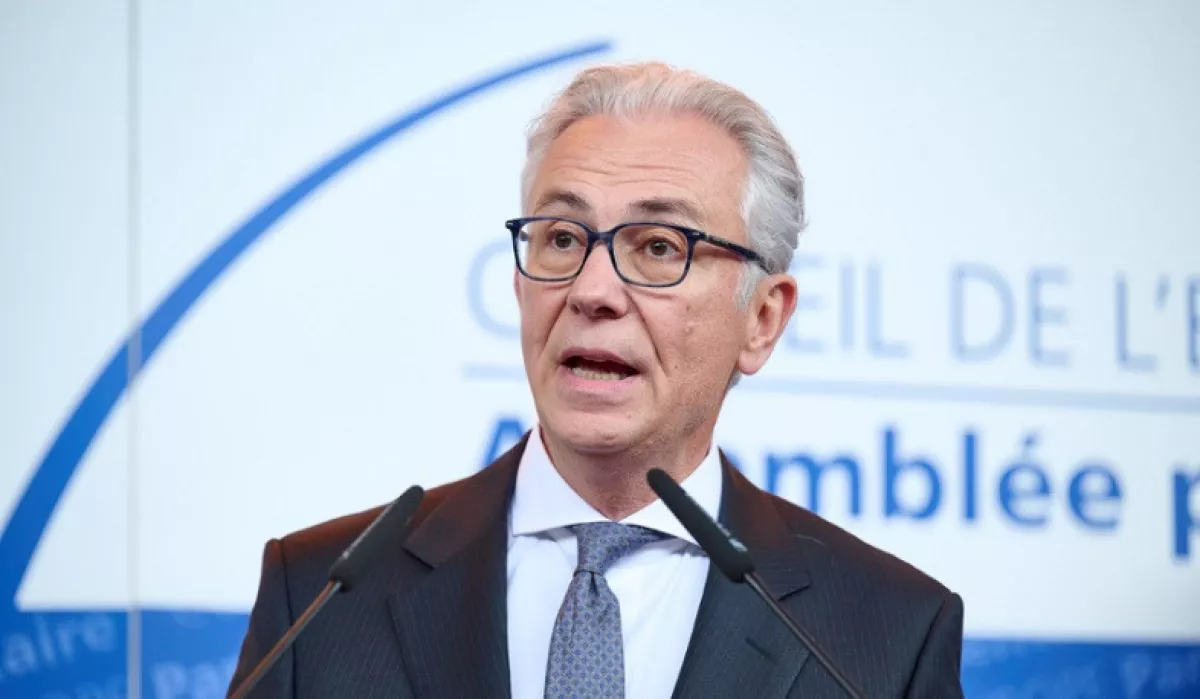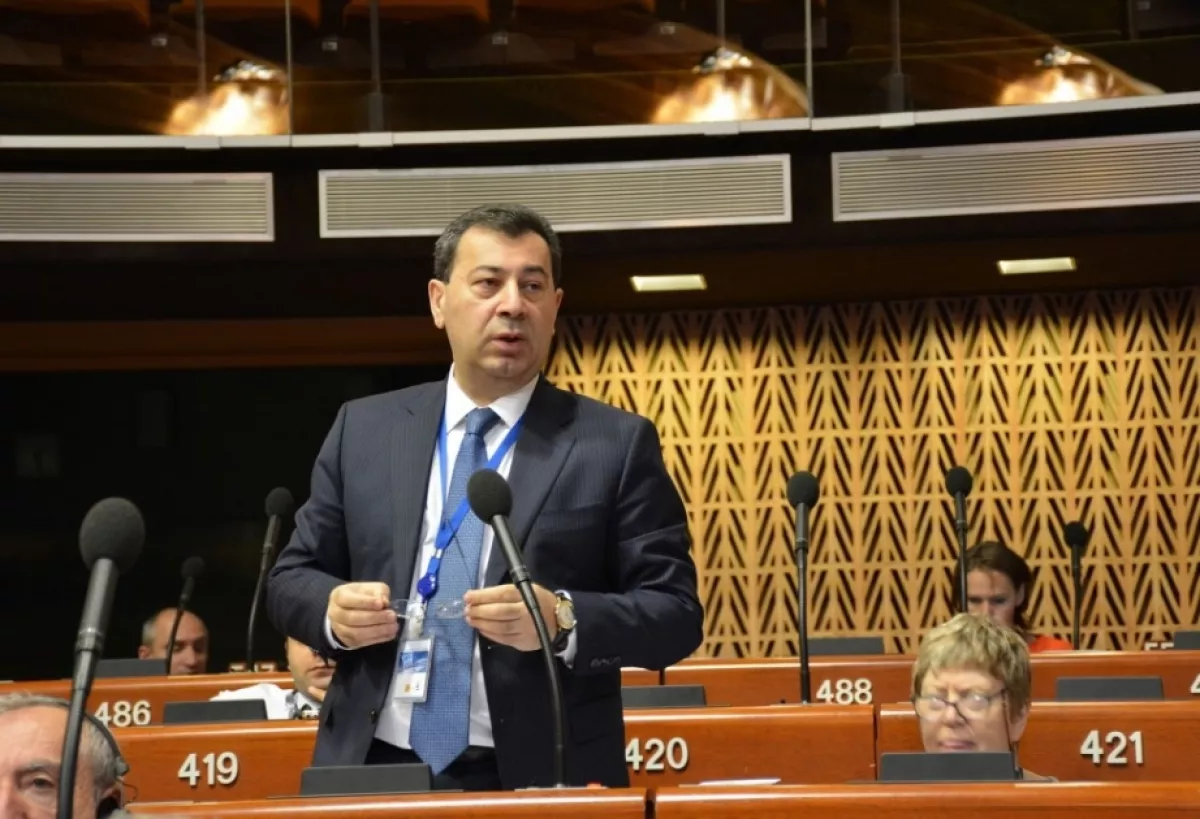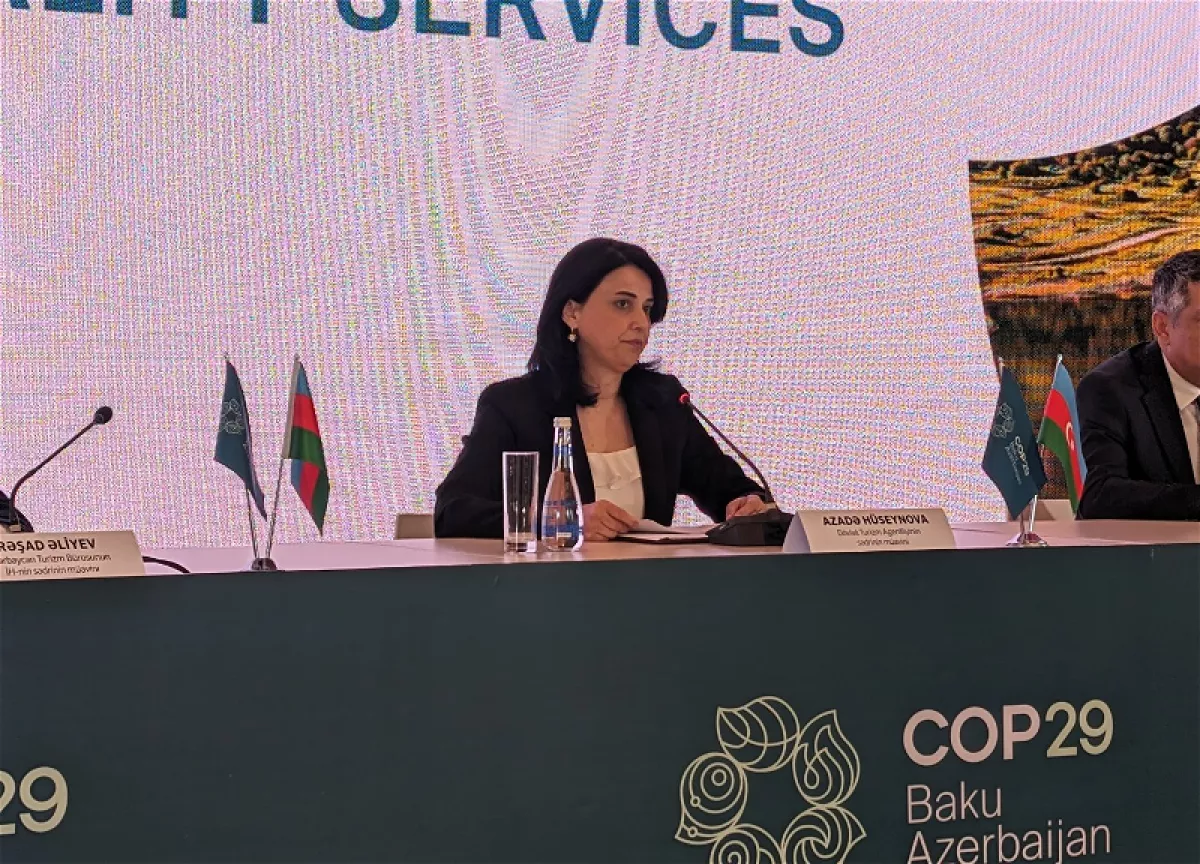Schwabe and Co. vs. Azerbaijan: PACE’s pro-Armenian bias uncovered Pecunia non olet
The Parliamentary Assembly of the Council of Europe (PACE), notorious for its harsh and imbalanced stance toward Azerbaijan, has once again highlighted the double standards inherent in European politics.
Frank Schwabe, head of the German delegation to PACE, has unjustifiably criticized Azerbaijan following Baku's decision to ban entry to those who voted to restrict the powers of the Azerbaijani delegation. Schwabe quipped on social media, "In democratic countries, entry bans are imposed only on extremists and violent criminals."

The source of Schwabe’s ire was a statement from Aykhan Hajizada, head of the Azerbaijani Foreign Ministry’s press service, who declared that deputies who voted against Azerbaijan's delegation would be declared persona non grata in Azerbaijan. Baku asserted that these individuals would be barred from entering the country until the Azerbaijani delegation's full mandate was restored.
Baku's response to Schwabe's remarks was diplomatically measured. In an interview with Radio Liberty, Schwabe claimed that Azerbaijan was allegedly uninterested in Council of Europe membership, as the country "does not respect the values" of the organization.
Schwabe's criticisms did not stop there. He also lamented that Baku failed to invite PACE observers to the Milli Majlis elections, yet paradoxically expressed his intention to visit Baku for COP29.
It’s worth noting that Schwabe is not alone in his overreaction; PACE President Theodoros Roussopoulos has shown a similarly hysterical response to Azerbaijan’s decision, further illustrating the double standards at play.

“This is a more than regrettable signal that only complicates Azerbaijan's current position in the Council of Europe. Member states have committed themselves to uphold the standards of democracy: blacklisting those who voted according to their conscience can only backfire,” Roussopoulos wrote on his X account.
So, why are European MPs so furious with Azerbaijan? Let’s delve into the reasons.
It has long been known that PACE harbours a bias against Azerbaijan. This is partly due to corruption within the organization, which is significantly influenced by substantial funding from the influential Armenian diaspora. Thanks to this financial backing, large-scale smear campaigns against Azerbaijan are regularly orchestrated within PACE. This persistent bias led the Azerbaijani delegation to suspend its activities in the Assembly — a decision that was both balanced and well - considered.
To recall, the conflict with PACE escalated after Baku did not invite observers from the Assembly to monitor the extraordinary presidential election in Azerbaijan on February 7. On January 24, the Azerbaijani delegation suspended its work in PACE in protest of the Assembly's decision not to ratify the group’s credentials. This action by Baku demonstrated that its patience is not limitless.
Moreover, the primary reason behind the anti-Azerbaijani campaign in Europe, especially within PACE, is that Baku successfully restored its territorial integrity and sovereignty without considering the opinions of major global players, particularly Western countries. PACE, as a biased and Turkophobic institution closely tied to the financial interests of Armenian oligarchs, is deeply involved in defaming Azerbaijan. This mission, though regrettable, is sustained because, as the saying goes, money does not smell, especially when it comes easily. Thus, the anti-Azerbaijani campaign in PACE is far from a temporary phenomenon.
Additionally, it is important to note that Azerbaijan, having temporarily lost its ability to speak at PACE, now faces a situation where Armenian representatives aim to use this platform to justify their provocations along the conditional border with Azerbaijan.

Here is an illustrative example. In June this year, during a regular session of PACE in Strasbourg, Arusyak Julakyan, a member of the Armenian delegation, delivered an accusatory speech against Azerbaijan. She claimed that Baku was allegedly retreating from some previously established agreements and mentioned Baku's supposed "claims" on the Armenian Constitution.
Julakyan asserted that Armenia recognizes the territorial integrity of all its neighbors, beyond its own 29,743 square kilometres, and insisted that the Armenian Constitution and its amendments are strictly internal matters.
But her accusations did not stop there. Julakyan made the outlandish claim that following COP29, Baku was allegedly planning to launch “new aggression against Armenia.” Overall, her speech was filled with unfounded and fantastical allegations against Azerbaijan. Had the Azerbaijani delegation been present, they could have countered these baseless accusations with a dignified response.
Frank Schwabe is fully aware of this dynamic. He also understands why PACE observers were not invited to monitor Azerbaijan’s elections. Despite promises made to our country at the political level, including assurances from German officials, the mandate of the Azerbaijani delegation has still not been restored.

Regarding Schwabe's intention to visit Azerbaijan for COP29, it is unlikely that this plan will come to fruition — at least not until the mandate of our delegation to PACE is reinstated. This is not a matter of whim or caprice on our part, but rather a measured response to pro-Armenian forces. Our actions remain firmly within the boundaries of international law, driven solely by the national interests of Azerbaijan.
This stance should be understood by all of our detractors, whether they are in the Parliamentary Assembly of the Council of Europe or on any other biased European platform.








